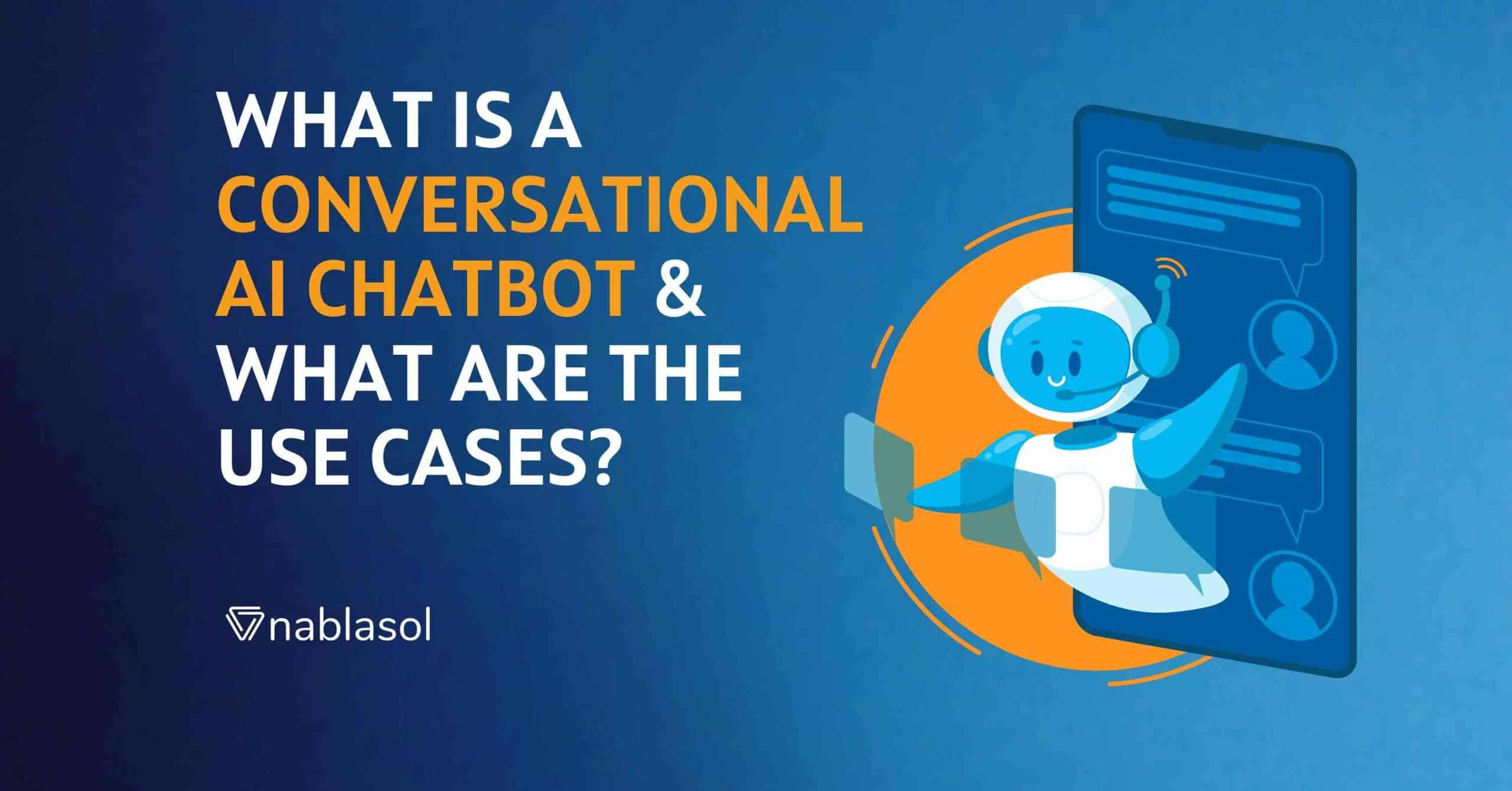The second key to Digital Transformation is Intelligent Automation which opens doors to business growth and scale. Once you have built the foundations of technology across your company, in every workflow, only then can you build the layer of automation to make your operations more efficient.
The most sought-after outcome of automation is operational velocity. To drive business growth, your workflow should go beyond a certain speed to achieve work at scale. There is no other way to increase the pace of business than automating workflow processes.
Another outcome that is quickly visible after implementing intelligent automation is the reduction in human errors and manual processes that took a lot of time. You can create tools and platforms for both employees and customers to optimize how they interact with your brand. You can collect data at every step and reduce pain points to create genuine improvement in business.
One threat that looms over a business is the threat of being disrupted and becoming irrelevant. Technology and intelligent automation give you the pace and innovation to escape that and grow your business.
Here are some impressive statistics by Mckinsey from organizations that have implemented Intelligent Automation.
- 60% Manual Tasks Removed
- 80% Reduction in Process Cost
- Implementation ROI of over 100%
The more a company is digitally transformed, the more human it appears to the customers. At the same time, interestingly, it has a strong foundation of technology within. It is possible only when all the repetitive and mundane tasks are automated and the workforce becomes more productive and meaningful.
Going beyond traditional automation, we develop intelligent automation for our clients. We have found that when automation is intelligent, it is simpler to be used by the employees, and adoption is much faster.
Coupled with system integration to reduce the use of multiple software, it can shoot up user productivity. The freed-up time can be used, as a resource, to improve the customer experience.
Techniques like decision modeling software in sales and attribution automaton in marketing can transform how customers are acquired while bringing down the cost. Machine learning is used to automate AR processes which help in revenue collection with zero errors.



